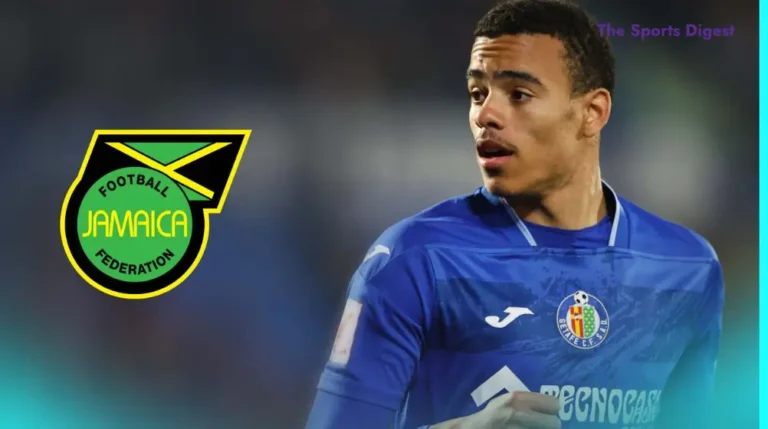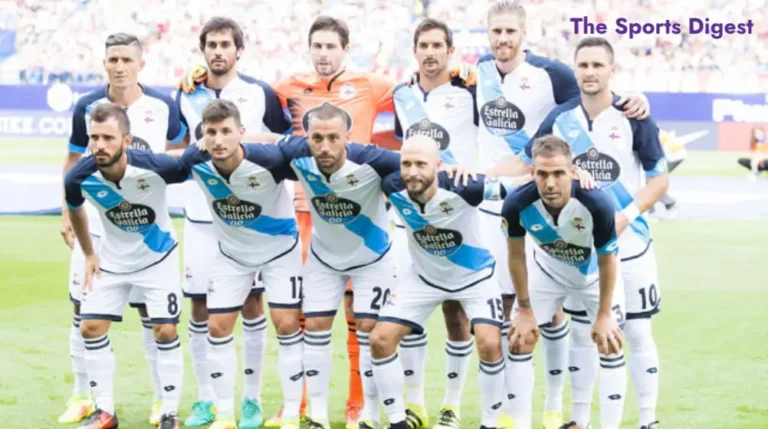CF Montréal Turmoil After Courtois Exit
In the ever-evolving landscape of Major League Soccer, few clubs have experienced the level of organizational turbulence that has come to define CF Montréal in recent years. The latest chapter in this ongoing saga came in the form of a startlingly brief press release—just 49 words—announcing the dismissal of manager Laurent Courtois. This abrupt termination, occurring merely five games into his second season, has reignited questions about the club’s direction and the ownership’s commitment to building a competitive team in MLS.
Table of Contents
The Courtois Experiment: Brief and Unfulfilled
When CF Montréal hired Laurent Courtois, the vision appeared clear: a return to the possession-heavy, technically proficient style that had defined the club’s most successful recent period under Wilfried Nancy. Courtois, with his background and tactical philosophy, seemed an ideal candidate to implement this vision and provide the stability the club desperately needed after a carousel of managerial changes.
Yet, in a cruel twist of fate, Courtois never even had the opportunity to coach a home match in the 2025 season. The team’s schedule, which began with a punishing seven-game away trip, meant his tenure would end on the road—a fitting if unintended metaphor for a club that seems perpetually adrift, searching for an identity that remains frustratingly elusive.
The timing of the dismissal raises serious questions about the decision-making process within CF Montréal’s front office. Five games—especially five away games—represents a remarkably small sample size on which to judge any manager’s work. This hasty decision suggests either a fundamental disagreement about the club’s direction that predated the season or an alarming level of impatience that bodes poorly for any future managerial appointment.
A Revolving Door of Leadership
The appointment of Marco Donadel as Courtois’ replacement marks an alarming milestone: he becomes the sixth manager (including interim appointments) to lead CF Montréal since 2019. This staggering rate of turnover makes it virtually impossible for any tactical philosophy to take root or for players to develop within a consistent system.
The consequences of this instability are evident on the pitch. Each manager brings their own ideas, preferred formations, and player evaluations, creating a situation where the squad is perpetually in transition. Players who might thrive under one system find themselves marginalized under the next. Promising tactical developments are abandoned before they have time to mature and bear fruit.
This revolving door approach to management stands in stark contrast to the league’s most successful clubs, where coaching stability has been a hallmark of sustained success. The Philadelphia Union with Jim Curtin, Seattle Sounders with Brian Schmetzer (until recently), and Sporting Kansas City with Peter Vermes have all demonstrated the value of patience and consistency in leadership.
Financial Constraints and Competitive Ceiling
Behind the managerial instability lies a more fundamental issue that no coaching change can resolve: CF Montréal operates with the lowest level of roster spending in Major League Soccer. This financial constraint places an effective ceiling on the club’s competitive potential, regardless of who occupies the technical area.
In a league increasingly defined by strategic Designated Player signings and talented TAM-level acquisitions, CF Montréal has opted for a different approach—one that prioritizes player development and shrewd market moves over significant financial investment in established talent. While this strategy can produce occasional successes, it severely limits the club’s ability to compete consistently at the highest level of MLS.
The club’s performance last season, reaching the Eastern Conference’s wildcard round, likely represented the maximum potential achievement given these financial limitations. Without a significant change in investment philosophy, expecting more than occasional playoff appearances represents wishful thinking rather than realistic assessment.
The evidence of these limitations was clearly visible even after Courtois’ departure, with the team’s subsequent match ending in a draw that demonstrated no magical improvement following the coaching change. This result underscores a simple truth: CF Montréal is not currently constructed to be a trophy threat, regardless of who occupies the manager’s position.
Owner’s Perspective: A Tale of Two Clubs
The most revealing insight into CF Montréal’s predicament came from owner Joey Saputo himself in a post-firing interview. Saputo, who also owns Italian club Bologna FC, made a striking comparison between his two footballing ventures, stating that his work is appreciated in Bologna but not in Montréal.
This comment offers a window into the ownership’s perspective and potentially explains the divergent trajectories of the two clubs. Bologna has emerged as one of the feel-good stories of European football, achieving remarkable success in Serie A and qualifying for the Champions League. The Italian club has benefited from strategic investment, astute recruitment, and a clear organizational vision—elements that appear conspicuously absent in Montréal.
The implied connection between fan appreciation and ownership investment creates a troubling circular logic. Saputo seems to suggest that greater appreciation from Montréal supporters might lead to increased investment, while fans understandably withhold their full support precisely because the club has not demonstrated the necessary commitment to compete at the highest level.
This disconnect represents perhaps the most significant obstacle to CF Montréal’s progress. Without alignment between ownership ambitions and supporter expectations, the club remains caught in a cycle of mediocrity, unable to break through to consistent competitiveness.
Playing a Different Game
As the 2025 MLS season unfolds, CF Montréal appears to be playing an entirely different game than its 29 league counterparts—and it is not a winning one. While other clubs embrace ambitious signings, innovative tactical approaches, and clear organizational philosophies, CF Montréal drifts between different managers and approaches without committing fully to any single direction.
This lack of clarity extends beyond the technical area to all aspects of the club’s operations. From roster construction to academy integration to long-term strategic planning, CF Montréal seems to operate without the coherent vision that characterizes the league’s most successful organizations.
For supporters, this ongoing uncertainty creates a frustrating experience. Rather than debating tactical nuances or celebrating progress toward clearly articulated goals, the conversation perpetually returns to fundamental questions about the club’s direction and ownership commitment.
The Path Forward: Necessary Changes
Breaking this cycle will require significant changes in CF Montréal’s approach, beginning with a genuine commitment to a consistent organizational philosophy. This means not only selecting the right manager but providing them with the time, resources, and support necessary to implement their vision properly.
Financial constraints will likely remain a reality, but even within these limitations, the club could benefit from a clearer identity and recruitment strategy. Rather than cycling through disparate approaches, committing to a specific style of play and recruiting players who fit this approach would provide a foundation for sustainable progress.
Most importantly, ownership must address the apparent disconnect with the club’s supporter base. Building a successful football club requires more than shrewd business decisions; it demands emotional investment and a genuine connection with the community it represents.
Unfortunately, there is little optimism that these necessary changes will materialize in the near future. The pattern of behavior established over recent years suggests a continuation of the current approach, with periodic coaching changes serving as band-aid solutions for deeper structural issues.
For CF Montréal supporters, the Laurent Courtois dismissal represents not just another coaching change but a troubling confirmation that the club remains caught in a cycle of instability and limited ambition. Until ownership demonstrates a genuine commitment to building a competitive team within the MLS context, the club seems destined to remain in its current state of perpetual transition—always starting over, never truly progressing.
As another manager departs and a new one arrives, the fundamental questions about CF Montréal’s future remain unanswered, and the path forward looks as murky as ever.
Have you ever read an article like this?
There are no reviews yet. Be the first one to write one.






